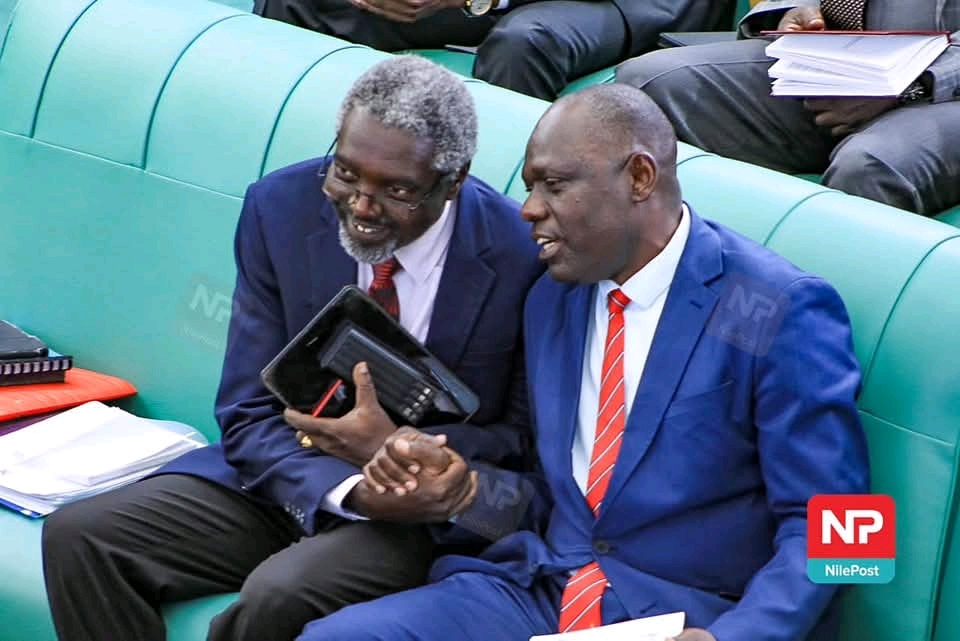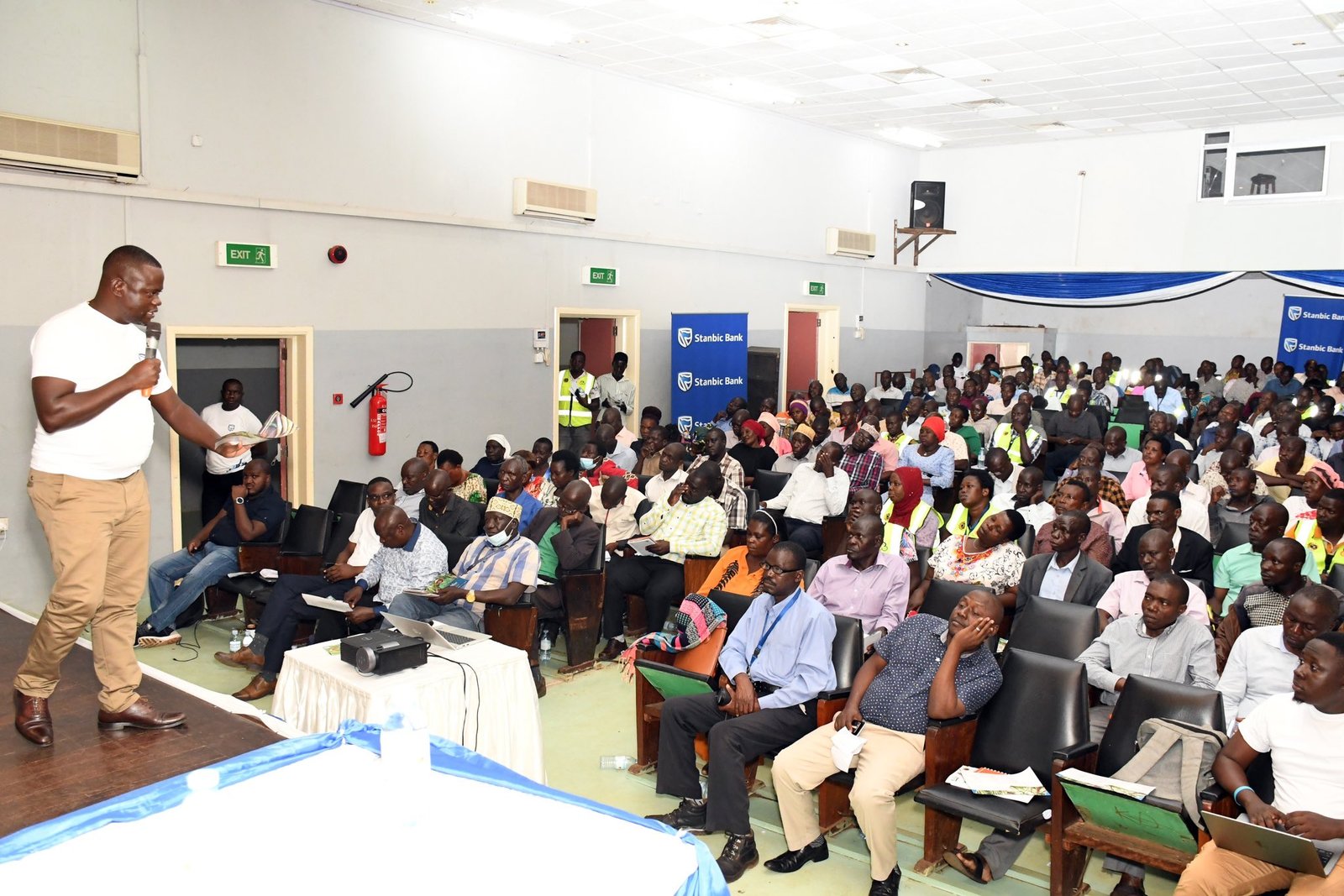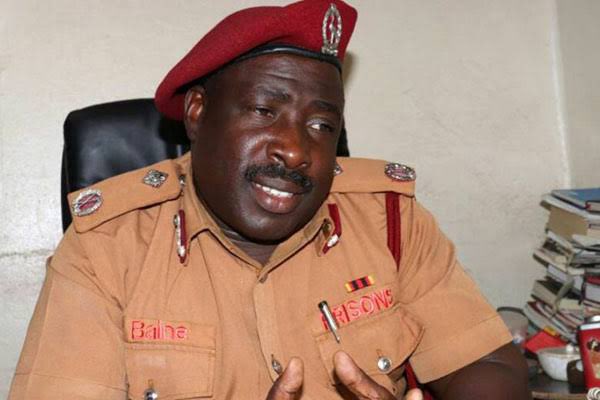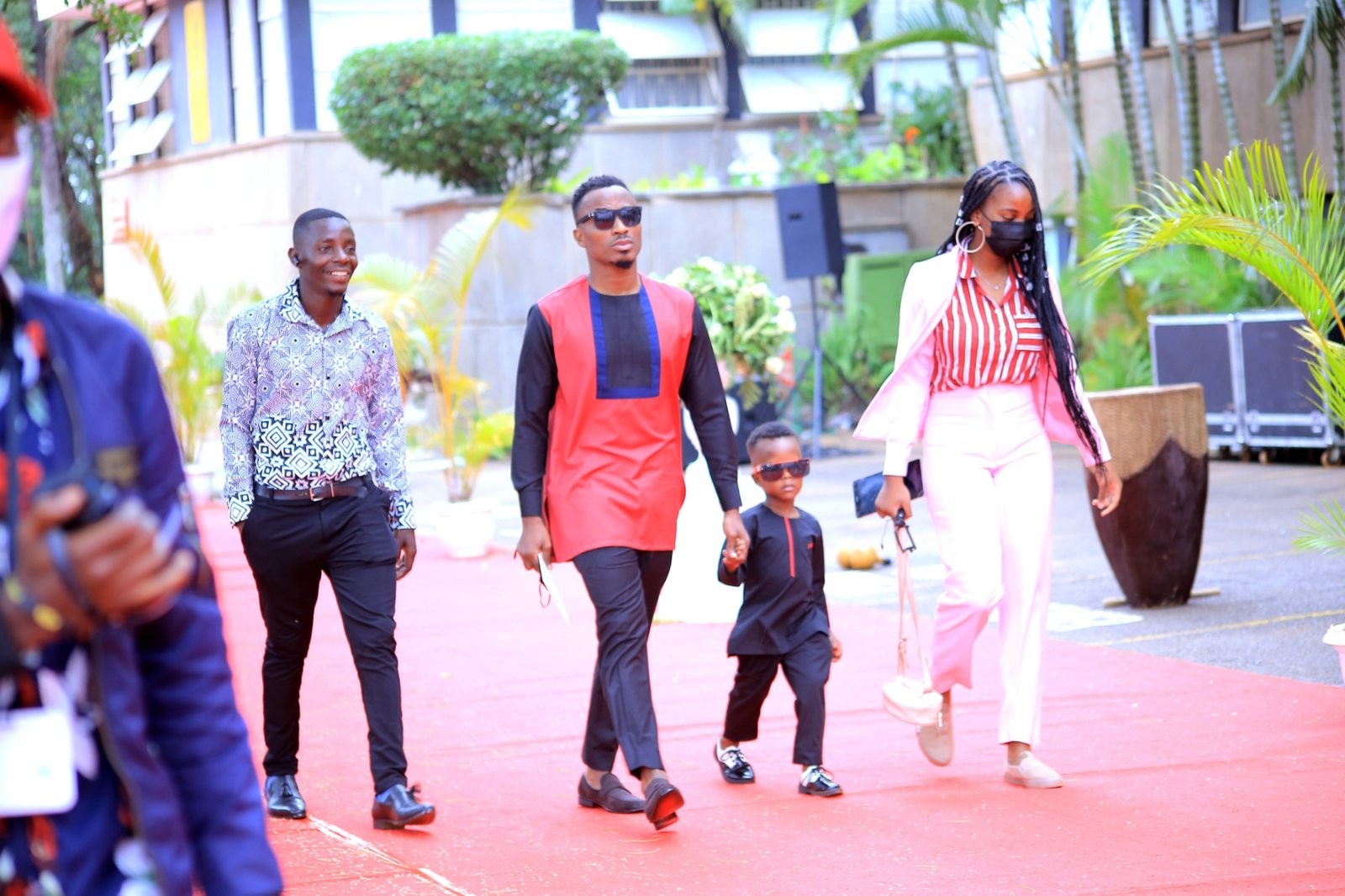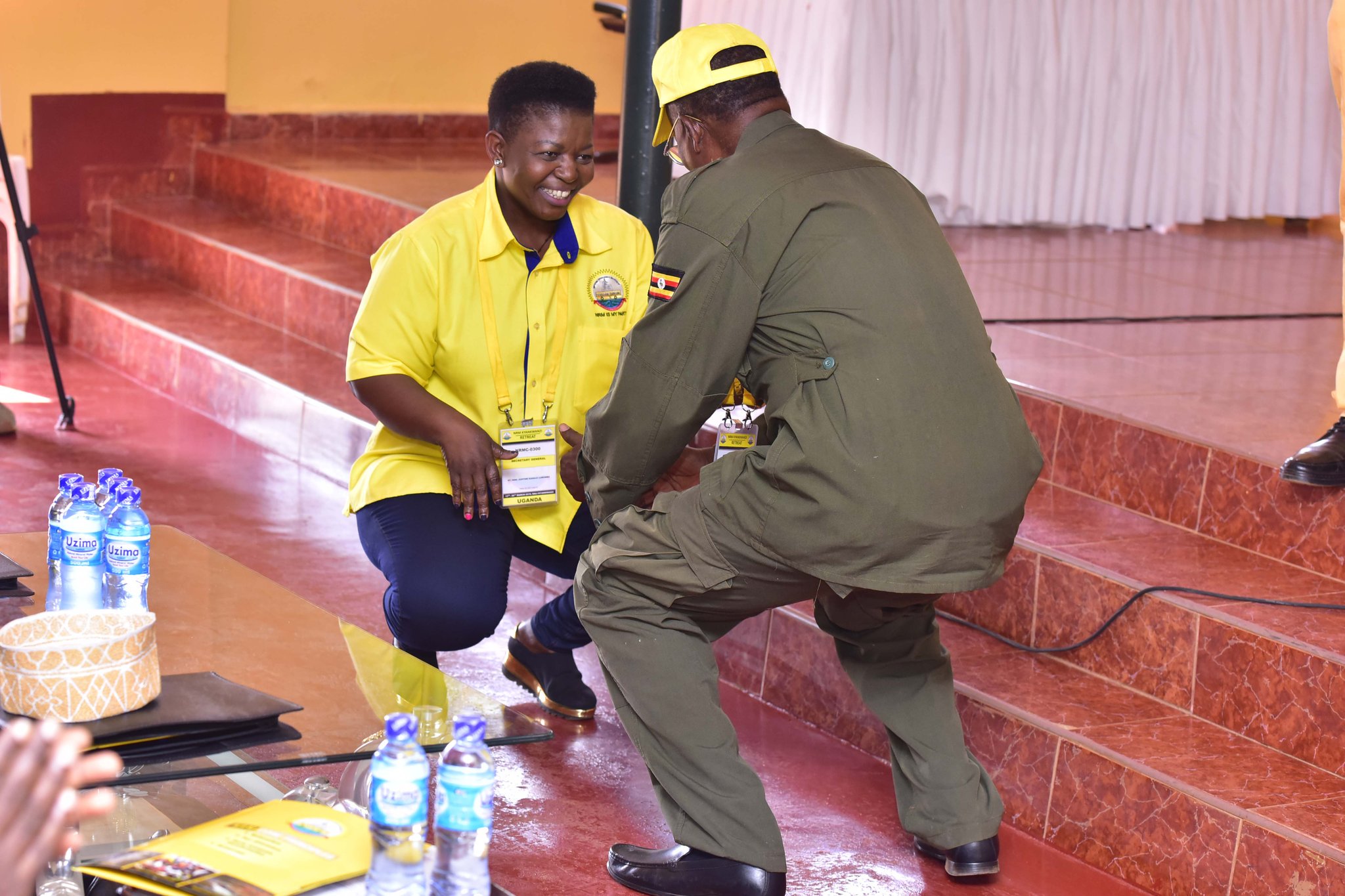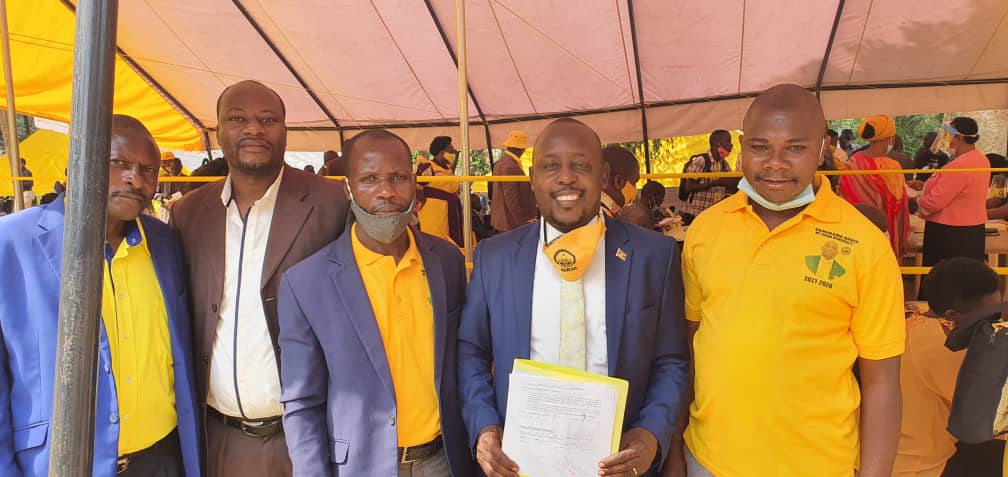I a bid to foster greater cooperation between the media and law enforcement ahead of Uganda’s 2026 general elections, the Uganda Police Force and journalists have committed to strengthening collaboration on freedom of expression, journalist safety, and public order.
The commitment was made during a two-day workshop organized by the United Nations Educational, Scientific and Cultural Organization (UNESCO) in partnership with the Africa Freedom of Information Centre (AFIC) and the United Nations in Uganda. The workshop, held in Kampala on April 30, brought together police officers, journalists, and civil society actors in a rare joint training aimed at promoting dialogue and building mutual understanding.
The event featured scenario-based exercises and practical demonstrations designed to equip participants with the skills to manage professional challenges, particularly during politically sensitive periods.
Senior Commissioner of Police Charles Kataratambi, who also serves as the Director of Human Rights and Legal Affairs, acknowledged longstanding tensions between police and the media but stressed the need for cooperation.
“Journalists and police officers are strategic allies,” Kataratambi said. “But with the rise of citizen journalism, professionalism has sometimes been undermined, fueling mistrust. This training is vital to rebuilding that trust.”
The workshop, which coincided with the lead-up to World Press Freedom Day, also echoed calls from global leaders. Quoting UN Secretary-General António Guterres, UN Resident Coordinator H.E. Leonard Zulu underscored the importance of press freedom, calling journalism “an essential public good.”
UNESCO’s Regional Director for Eastern Africa, Ms. Louise Haxthausen, reaffirmed the organization’s commitment to democratic values, noting that journalist safety and freedom of expression are central to democratic governance.
Participants praised the training for offering practical tools and fostering a better understanding between the two sectors. One police officer noted, “It was nice interacting and staying in the same accommodation with journalists. I realized we share a lot in common.”
A journalist participant added, “The belief that media and police cannot work together has hindered our relationship. But this dialogue helped foster appreciation and understanding.”
Civil society representatives also emphasized the importance of such initiatives during election seasons, often marked by tensions and human rights concerns.
The workshop concluded with several key recommendations, including establishing oversight mechanisms, promoting accountability, ensuring the timely prosecution of crimes against journalists, and institutionalizing regular dialogue between stakeholders.
Organizers hope the initiative will serve as a model for ongoing cooperation, aimed at reducing conflict and enhancing both public safety and press freedom as Uganda prepares for the 2026 elections.










